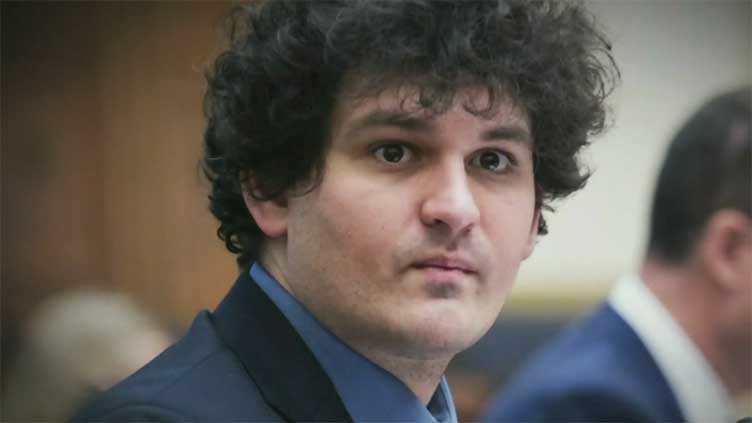FTX judge weighs demand for independent bankruptcy investigation

Technology
FTX judge weighs demand for independent bankruptcy investigation
(Reuters) - A U.S. bankruptcy judge is considering at a Monday court hearing in Delaware whether to greenlight a court-supervised investigation into the collapse of FTX, a course of action that the crypto exchange opposes as redundant and wasteful.
The U.S. Department of Justice’s bankruptcy watchdog has urged U.S. Bankruptcy Judge John Dorsey, who is overseeing FTX’s Chapter 11, to appoint an independent examiner to investigate allegations of “fraud, dishonesty, incompetence, misconduct, and mismanagement” that are “too important to be left to an internal investigation.”
Juliet Sarkessian, an attorney for the U.S. Trustee, said such an investigation is mandatory under federal law in all large bankruptcy cases where DOJ requests one.
FTX has said an examiner would merely duplicate work already being done by FTX, its creditors, and law enforcement agencies.
FTX attorney James Bromley told Dorsey that an investigation is not appropriate, and that allowing new investigators to access its systems could jeopardize the cybersecurity of FTX’s ongoing investigation.
FTX’s new CEO, John Ray, said that FTX has already answered 156 requests for information from federal prosecutors in Manhattan, producing 70,000 documents, as well as 151 requests from the U.S. Commodity Futures Trading Commission and hundreds of requests from other U.S. regulators and prosecutors, members of Congress and foreign governments.
FTX has acknowledged that its past conduct raised questions about fraud and mismanagement but has said another layer of review would only add cost and delay to the company’s effort to repay customers in bankruptcy.
Ray, who worked with court-appointed examiners while leading Enron Corp and Residential Capital through bankruptcy, told the court that examiners in those two cases cost $90 million and $100 million, respectively, but were not useful.
“They were very shallow - sort of a mile wide and an inch deep,” Ray said of the reports produced by the Enron examiner.
Ray said the FTX database is very sensitive, and he is reluctant to grant additional outside access, given the cybersecurity risks that FTX faced at the start of its bankruptcy.
“You literally could hit the wrong key in this environment and destroy millions of dollars in value,” he said.
FTX, once among the world’s top crypto exchanges, shook the sector in November by filing for bankruptcy, leaving an estimated 9 million customers and investors facing losses in the billions of dollars.
FTX’s founder Sam Bankman-Fried, who has been accused of stealing billions of dollars from FTX customers to pay debts incurred by his Alameda Research hedge fund, has pleaded not guilty to fraud charges. He is scheduled to face trial in October. Several former top executives, including Alameda Research CEO Caroline Ellison, have pleaded guilty to fraud.
FTX’s official creditors’ committee has sided with FTX, saying the proposed investigation is redundant. State securities regulators in Texas, Vermont and Wisconsin supported the Justice Department’s bid, saying a neutral report would benefit creditors and customers.

